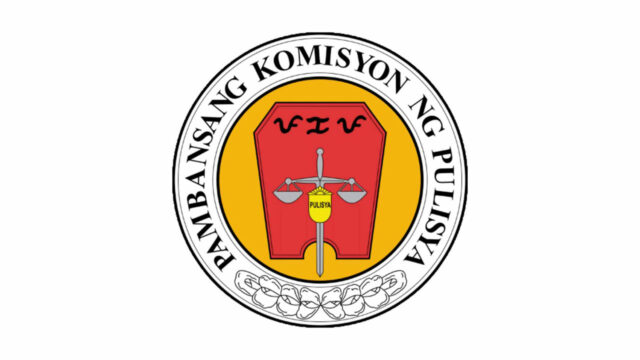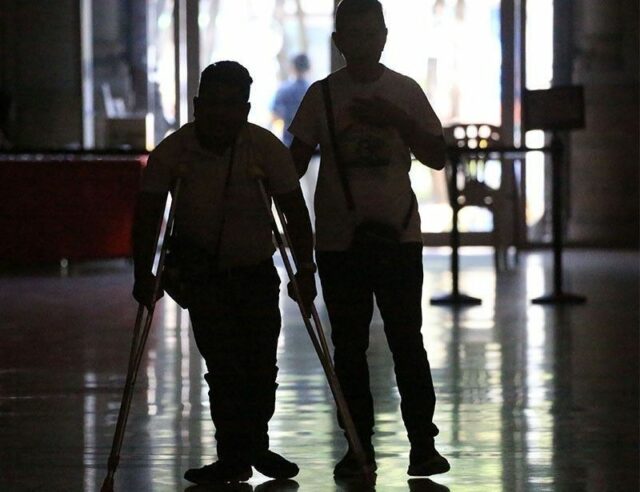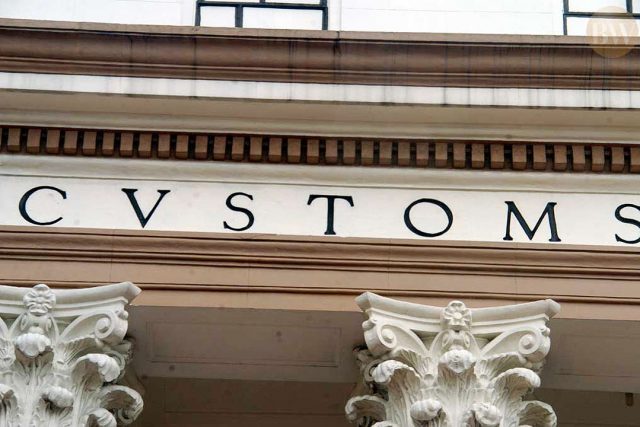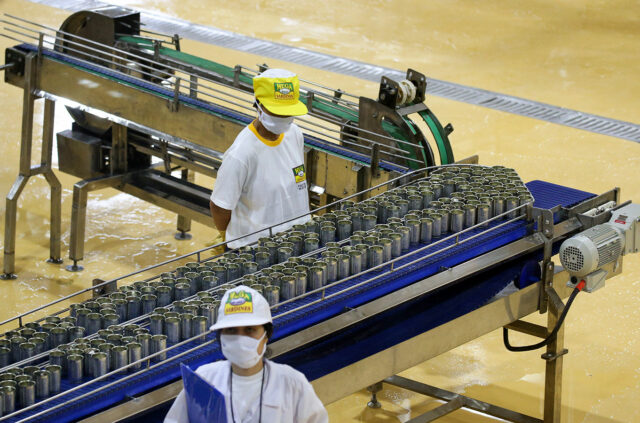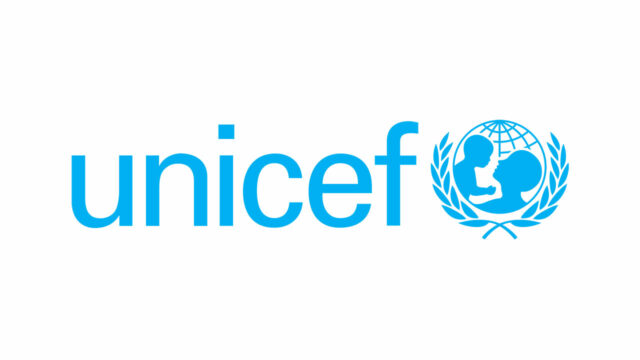THE Philippines doubts China’s intention to negotiate a regional code of conduct in the South China Sea although Manila is looking forward to continuing discussions, according to its top Defense official.
While Philippine President Ferdinand R. Marcos, Jr. had approved “good-faith discussions” with China over the long-delayed code, he doubted Beijing’s sincerity, Defense Secretary Gilberto Eduardo Gerardo “Gibo” C. Teodoro, Jr. told reporters on Monday. “Right now, honestly speaking, I do not see that.”
The Chinese Embassy in Manila did not immediately reply to a request for comment.
Southeast Asian leaders on Sunday called for swift agreement on a code of conduct for the South China Sea based on international law, after escalating confrontations in the strategic waterway where $3 trillion worth of trade passes annually.
China claims sovereignty over nearly all of the South China Sea, including areas claimed by Brunei, Indonesia, Malaysia, the Philippines and Vietnam.
The Philippines has complained of Chinese vessels’ use of water cannon, collision and ramming tactics to stop resupply and patrol missions in disputed waters.
The maritime code, which could help avoid such confrontations and prevent conflict, has been mooted for years, and talks led by the Association of Southeast Asian Nations (ASEAN) have made slow progress.
Meanwhile, Cagayan de Oro Rep. Rufus B. Rodriguez called out Russia for allegedly blocking a consensus statement by Southeast Asian nations over territorial disputes in the South China Sea, saying Moscow has no authority to “meddle” with the region’s affairs.
“Russia should not have blocked the ASEAN statement,” he said in a statement. “Moscow has no business meddling in disputes in this part of our region.”
A United States official who spoke on condition of anonymity, accused Russia and China of blocking a proposed statement of the 10-member ASEAN for the 18-nation East Asia Summit in Laos, objecting to the draft’s language, according to a Reuters report.
Mr. Rodriguez, a member of the House of Representatives foreign affairs committee, said the Russian move showed it agrees with Chinese intrusion into the Philippines’ exclusive economic zone in the South China Sea, including “bullying, harassment and ramming of Philippine vessels, their crew and Filipino fishermen.”
‘MEDDLING’
The East Asia Summit is an annual forum led by ASEAN, seen as an avenue for multilateral dialogue on issues concerning the region. The regional summit was originally composed of ASEAN member states, Australia, China, India, Japan, New Zealand and Korea in 2005. The United States and Russia joined in 2011.
Russia’s Foreign Affairs Minister Sergei Viktorovich Lavrov said the ASEAN declaration had not been adopted because of “persistent attempts by the United States, Japan, South Korea, Australia and New Zealand to turn it into a purely political statement,” according to a transcript of his response to a media briefing on Friday, published on the website of Russia’s Ministry of Foreign Affairs.
This prompted Laos, which hosted this year’s East Asia Summit, to issue a unilateral statement on concerns involving the South China Sea, according to Mr. Rodriguez.
Laos Prime Minister and East Asia Summit Chairman Sonexay Siphandone said there is a need to “enhance mutual trust and… self-restraint in the conduct of activities” in the South China Sea, urging countries to “avoid actions that may further complicate the situation” in the water body, according to the chairman’s statement of the 19th East Asia Summit published on ASEAN’s website on Oct. 13.
He pushed for a “full and effective” implementation of a 2002 regional conduct code in the South China Sea, an agreement aimed at reducing tensions and conflict among claimant states.
“Given that China is closely allied with Russia, it comes as no surprise already that it is one with the People’s Republic of China in blocking the statement on the South China Sea,” Josue Raphael J. Cortez, a lecturer at the School of Diplomacy and Governance at De La Salle-College of St. Benilde, said in a Facebook Messenger chat.
“Russia is undoubtedly meddling in regional affairs” by helping China consolidate and achieve a “more solid and strategic position” in Southeast Asia.
Russian and Chinese flexing could hurt the Philippines’ sea claims, Hansley A. Juliano, who teaches political science at the Ateneo de Manila University, said in a Messenger chat.
“If both Russia and China has influence on ASEAN, it might become more and more hostile to our multilateral efforts to protect our West Philippine Sea claims,” he added, referring to areas of the disputed sea within Manila’s exclusive economic zone.
The idea of a maritime code was first agreed between China and ASEAN in 2002, but the process of creating it did not start until 2017.
Mr. Marcos at last week’s summit pressed Southeast Asian leaders and China to hasten negotiations on a code of conduct for the South China Sea. “There should be more urgency in the pace of the negotiations of the ASEAN-China code of conduct,” he said. — Kenneth Christiane L. Basilio with Reuters

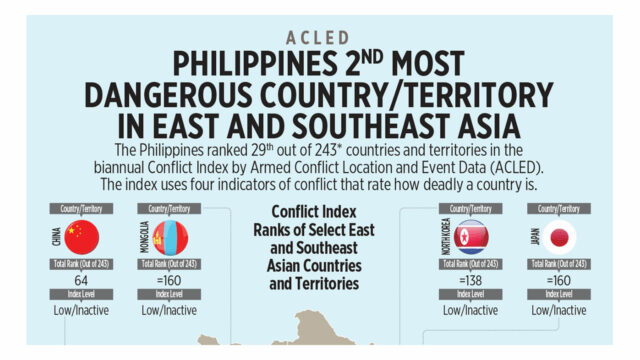

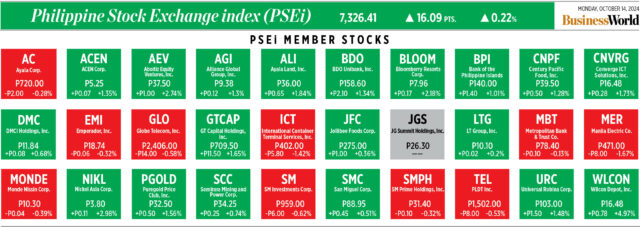
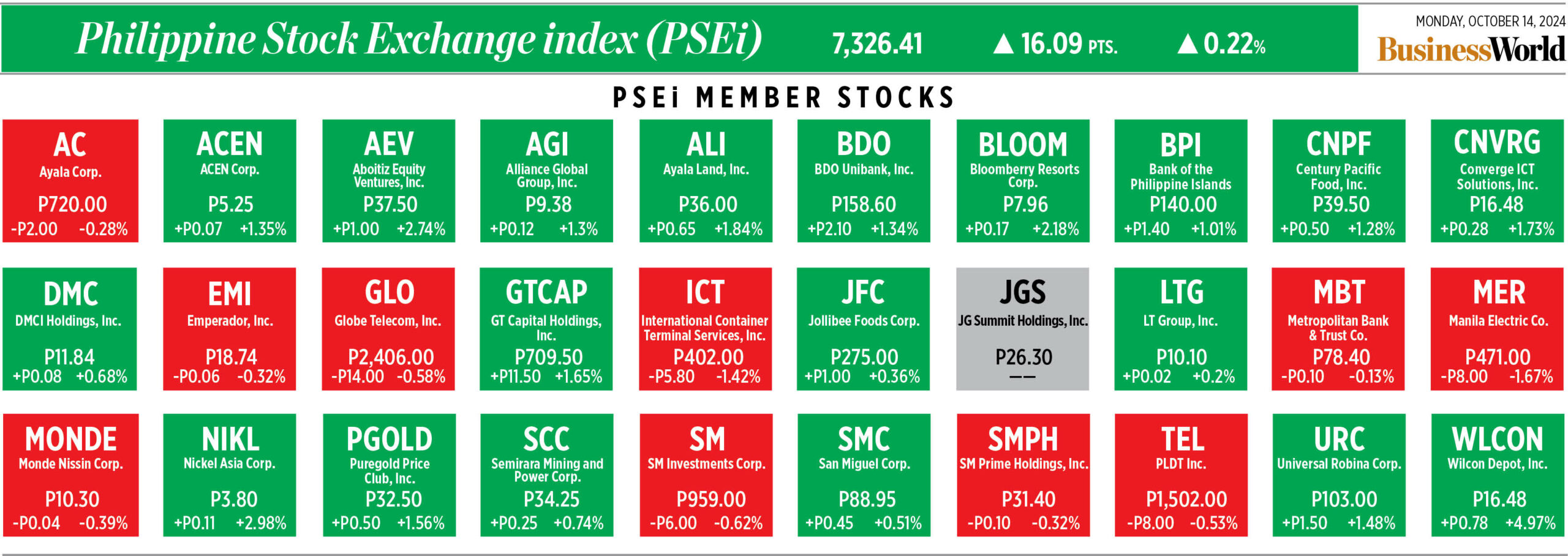

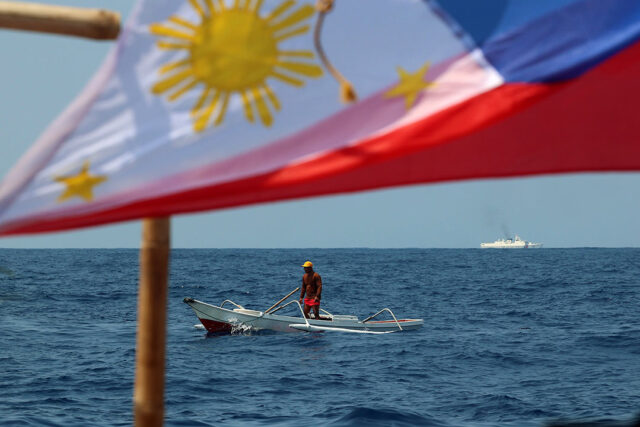



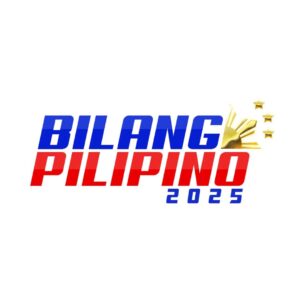 By Chloe Mari A. Hufana,
By Chloe Mari A. Hufana,